Resolution 57 of the Politburo on breakthroughs in science, technology, innovation and national digital transformation identifies scientists in a central and key position, along with appropriate incentive mechanisms and policies.
According to Dr. Nghiem Vu Khai (former Deputy Minister of Science and Technology), along with preferential treatment policies, being recognized and honored will be a driving force to help scientists promote the spirit of research, creativity, and dedication.
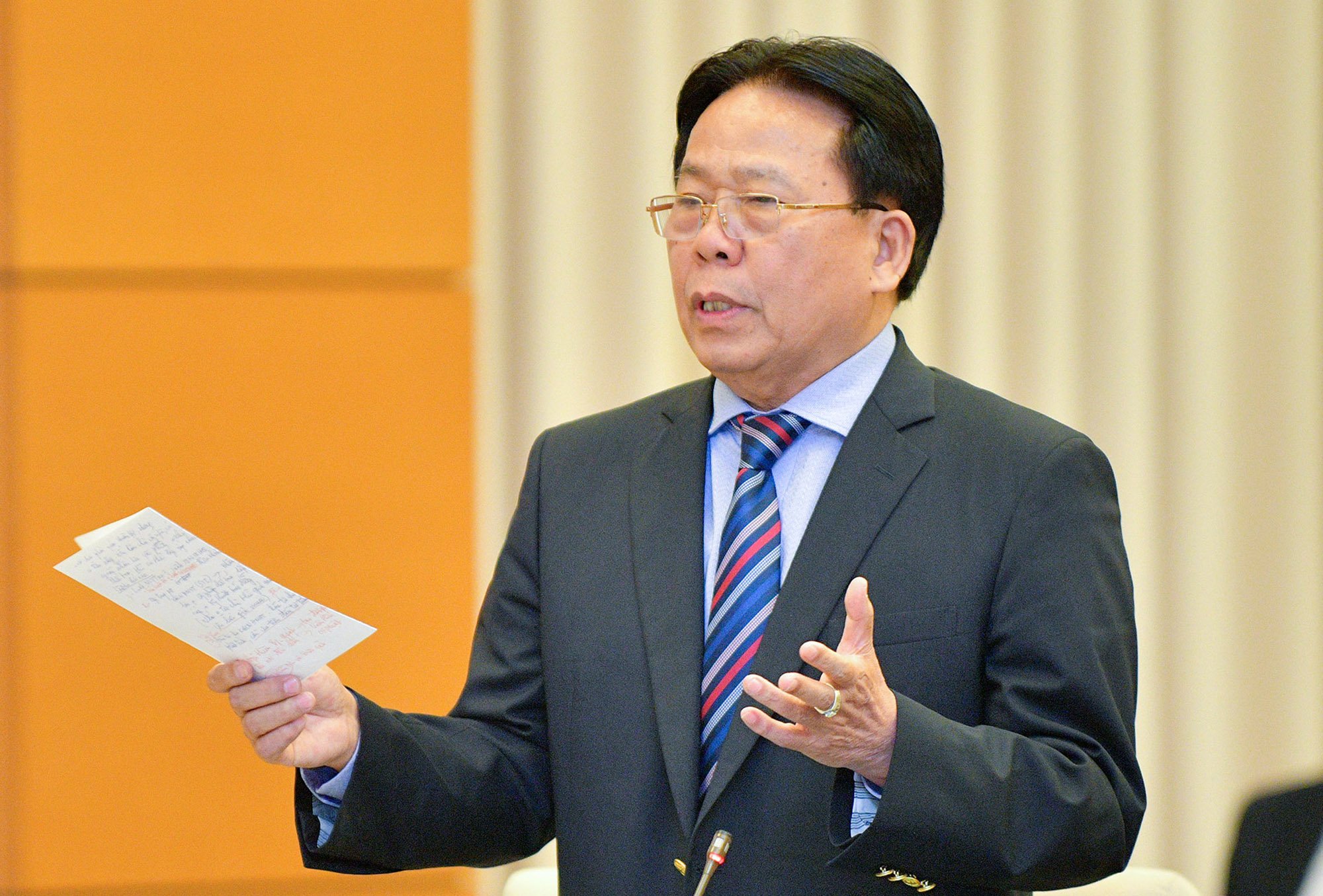
Dr. Nghiem Vu Khai.
Unsatisfactory treatment
How do you evaluate the current regime and policies for scientists, compared to the requirements of reality, are they satisfactory or not?
The level of treatment is generally not satisfactory, not enough to motivate and encourage scientists to be dedicated, to devote all their time and intelligence to contributing, developing science, and innovating.
Target 10 world-class digital technology enterprises
On December 22, 2024, the Politburo issued Resolution 57 on breakthroughs in science, technology, innovation and national digital transformation.
The Resolution identifies this as a profound and comprehensive revolution in all fields; implemented resolutely, persistently, synchronously, consistently, and long-term with breakthrough and revolutionary solutions.
People and businesses are the center, the main subject, resource, and driving force; scientists are the key factor; the State plays the role of leading, promoting, and creating the most favorable conditions for the development of science, technology, innovation, and national digital transformation.
By 2045, science, technology, innovation and digital transformation will develop steadily, contributing to making Vietnam a developed country with high income. Vietnam has a digital economy scale reaching at least 50% of GDP; is one of the digital technology industry centers of the region and the world; and is among the top 30 countries in the world in innovation and digital transformation.
The rate of digital technology enterprises is equivalent to that of developed countries; there are at least 10 digital technology enterprises on par with advanced countries.
Attract at least 5 more leading technology organizations and enterprises in the world to set up headquarters, invest in research and production in Vietnam.
The salaries of scientists in Vietnam, especially in the public sector (research institutes, universities) have long been based on the salary coefficient of civil servants and public employees, ranging from several million to about 20 - 30 million VND/month. Of which, the level of 20 - 30 million is usually only for scientists with seniority or high titles such as professors and associate professors.
Actual income can increase from research projects, allowances or working with private enterprises, but is still low compared to international standards. For example, a young PhD only earns about 10-15 million VND/month at public institutes, while working for a foreign company can reach 50 million VND or more.
According to you, what is the reason why many scientific projects are not successful? Is it because of poor treatment?
In science, when a research project fails, it is not considered a bad result. It can be the answer: That goal is not feasible, so that other scientists do not make the same mistake. In life, too, there must be lessons of failure before there can be success.
Therefore, in order for a scientific topic to achieve its goals, the task definition must be accurate and linked to reality and practical needs.
For example, our country is facing climate change problems such as rising sea levels, extreme weather, soil rot caused by rain, and continuous droughts...
So what is the solution to cope, what needs to be done? What the country is facing, science and technology must cling to it to research, to meet the demands of reality.
With unsuccessful projects, there are also mistakes made by scientists. But problems with mechanisms and policies also make scientific topics impossible to implement and unsuccessful.
Mechanism and policy barriers
Can you elaborate on the mechanism and policy problems?
In previous research, scientists needed to spend money on something related to the topic, but without an initial proposal, funds were not transferred.
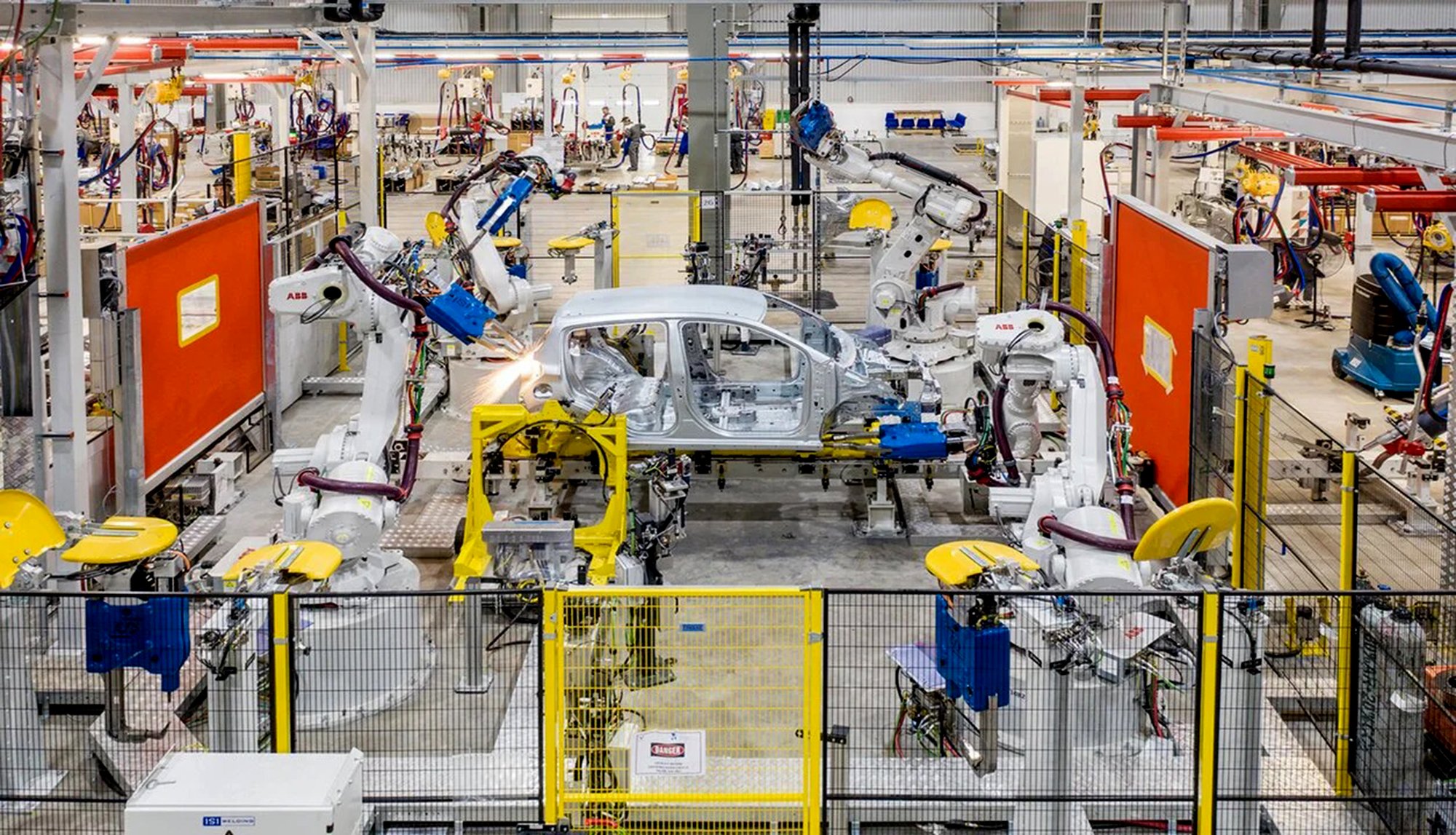
According to Resolution 57, by 2045, Vietnam will have at least 10 digital technology enterprises on par with advanced countries. (In the photo: Inside the Vinfast factory using 1,200 industrial robots).
Or if you plan to buy something, you have to buy exactly that. If you want to give up this thing to buy something else that is necessary or more suitable for the experiment, you can't. If you want to, the scientist has to pay for it himself.
These are administrative regulations, not suitable for scientific research. This is the reason why the topic failed.
Currently, many scientific projects receive very low funding, not enough to carry out the research. In fact, there are projects that scientists reluctantly accept, "well, just accept it and do it, while doing it, propose adjustments".
There are tasks that require in-depth research, require a lot of machinery, and are expensive, leading to the result that the research topic has to stop or be "put in a drawer".
Besides funding, what other reasons do you think cause many scientific topics to be "shelved"?
Scientific topics are shelved for many reasons. In fact, scientific research is not like planting rice, harvesting it, and taking the grain home to grind into rice. It is a series of research and experiments.
There, scientists must produce on trial, experiment, then mass produce, then commercialize, and bring the results to market.
It is a continuous process and each stage requires research, development, and supplementation. That process requires funding, human resources, and machinery to perfect the technology for research…
In the past, many people did not fully understand scientific research, so they required a budget estimate from the beginning. For example, there were topics that cost only 30-50 million VND or from 500 million to 1 billion VND or more depending on the level, but always required research and then immediate application. That was inappropriate.
Allocate at least 3% of total budget expenditure to science
On March 4, General Secretary To Lam, Head of the Central Steering Committee on Science, Technology, Innovation and Digital Transformation, chaired the second meeting of the Steering Committee.
Regarding specific tasks, the General Secretary requested the National Assembly Party Committee, the Government Party Committee and agencies according to their functions and tasks to urgently submit and amend a number of regulations that are bottlenecks and obstacles to development related to the implementation of contents on scientific and technological breakthroughs, innovation, and digital transformation in the coming time.
Adjust the State budget estimate for 2025 to allocate at least 3% of total budget expenditure for science, technology development, innovation, national digital transformation and gradually increase in the following years.
Previously, in early January, speaking at the National Conference on Breakthroughs in Science, Technology, Innovation and National Digital Transformation, General Secretary To Lam emphasized that Resolution 57 of the Politburo had pointed out strategic directions and was widely agreed upon by cadres, party members, scientists, and the business community at home and abroad, considering it a "contract 10" in the field of science and technology.
Is this situation only in Vietnam or does it appear in other countries, sir?
Previously, I worked in the US as a National Assembly delegate, Deputy Minister of Science and Technology, and head of the State-level Project on Promoting International Cooperation in Science and Technology.
In the US, in the 80s, the situation of scientific topics "put in drawers" was up to 90%. So they had to overcome that reality by placing orders and setting goals.
But they accept that it is a goal to work towards, not necessarily to achieve. It may be close to the right goal, but sometimes it opens up a new direction, sometimes even better than the original goal.
Or there are cases where scientific topics are unlucky and do not lead to the desired results. However, with all the efforts, reasoning and theory in the scientific research process, it is also a useful result.
Need to be honored and recognized
Party and State leaders have repeatedly emphasized the importance of science and technology and digital transformation, considering this a task that "must be done, must be done effectively, and bring about concrete results". In your opinion, how can we concretize these breakthrough policies?
Resolution 57-NQ/TW on breakthroughs in science, technology, innovation and national digital transformation is a hope for science and technology, demonstrating the high political determination of the Politburo and General Secretary To Lam in developing science, technology, innovation and digital transformation.
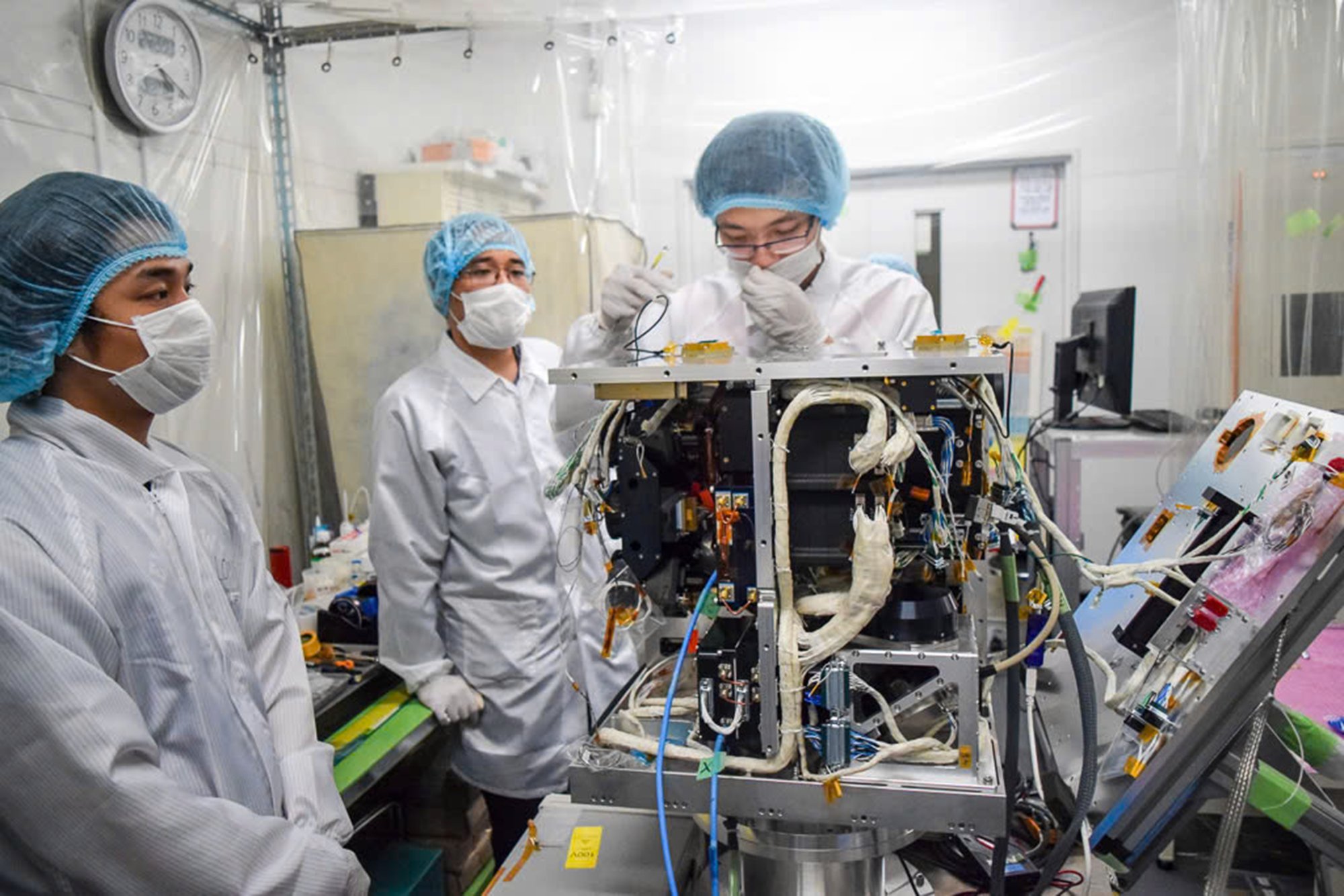
The current level of treatment is not satisfactory, not enough to motivate and encourage scientists to dedicate themselves and be creative (illustrative photo).
The Resolution also continues to maintain good policies that are suitable for the current process, while at the same time proposing specific solutions, tasks, and breakthrough goals.
In particular, the Central Steering Committee on breakthroughs in science, technology, innovation and national digital transformation is directly led by General Secretary To Lam, in the context of the country entering an era of growth.
Resolution 193 of the National Assembly piloting a number of solutions on science and technology development and innovation has concretized many policies and guidelines for scientific research and scientists. With the strong direction of the Party and State leaders and breakthrough policies, the story will certainly be different.
Resolution 57 identifies scientists as the center and key to developing science and technology, innovation and national digital transformation. In your opinion, what do scientists need to be dedicated?
I have talked about three major needs of scientists. First of all, they have their own needs, which are to develop their own research, experience and qualifications.
Next, scientists need a research environment, freedom to develop their capacity and creativity, and to be honored, respected and recognized. In addition, scientists need to be treated appropriately.
In fact, some scientists are not too materialistic, but what is important to them is spirit. If the state honors and society recognizes, it will be a great motivation to help scientists promote the spirit of research and creativity.
Thank you!
Dr. Nguyen Van Lang (former Deputy Minister of Science and Technology):
Scientists should enjoy the fruits of their labor.
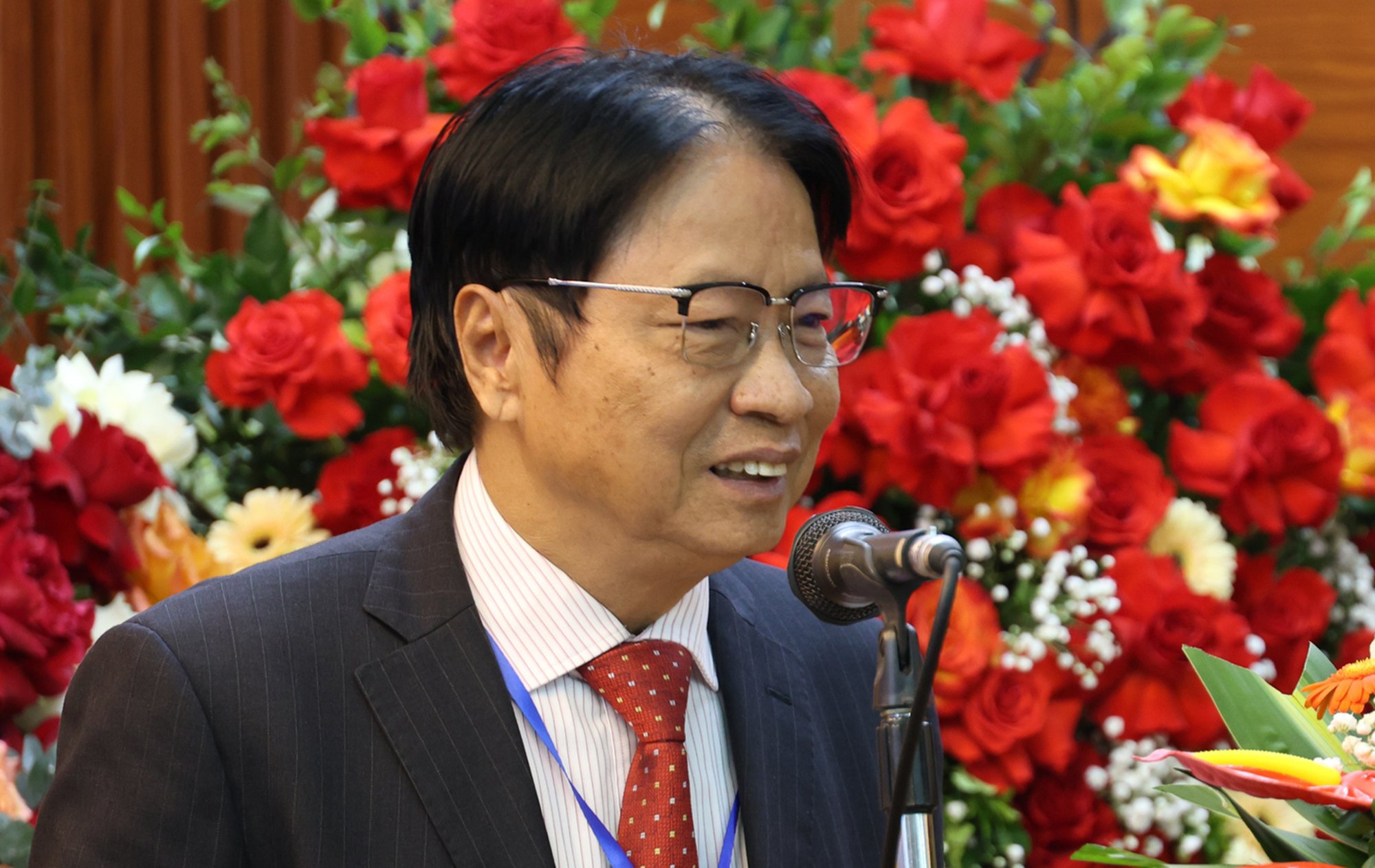
Currently, the remuneration policy for scientists is still too low. Scientists in Vietnam generally receive a salary of 10 - 20 million VND/month. Even when adjusted for living expenses, the income of Vietnamese scientists is usually only 10 - 20% compared to developed countries and 30 - 50% compared to countries in the same region.
In Israel, scientists typically receive $10,000 to $20,000 a month, or more. In addition, they also enjoy the benefits of their scientific work.
In developed countries (USA, Germany, Japan), the average salary of scientists ranges from 50,000 - 100,000 USD/year (about 1.2 - 2.5 billion VND), depending on experience and field. For example, a postdoctoral researcher in the US earns about 50,000 - 60,000 USD/year, while professors at top universities can exceed 150,000 USD/year.
Developing countries (India, Thailand) have lower incomes, but still higher than Vietnam. A scientist in India can earn 20,000 - 40,000 USD/year, depending on the position.
In addition, scientists also enjoy excellent benefits such as housing, comprehensive insurance, flexible visas for families and high research freedom. In Germany, the Humboldt program offers scholarships of up to 3,000 - 5,000 EUR/month to international scientists.
Developing countries like Thailand have programs to attract talent with competitive salaries (1,000 - 2,000 USD/month) and support research startups.
Scientists working at private companies (like Google, Pfizer) can earn $100,000 - $300,000/year, depending on experience and field.
In the past, the development of science and technology was very strict, but sometimes loose in terms of procedures and laws.
Problems start from asking questions, topics with researchers, creating a legal environment, facilities, evaluation council, archived works and the rights of scientists after completing the topic.
Besides, sometimes ordering scientific researchers is not suitable for reality. In addition, the rights of scientists after successful research is also a problem.
Scientific research achievements are like the process of making a brick. After selling it to the market, scientists should more or less enjoy the value of the product they created. However, when applying it to reality or transferring it, scientists do not enjoy the results.
In fact, in recent years, scientists have mainly lived off the costs of their projects. Once the project is completed, that’s it. There are even projects that have to cut many stages and elements because the project is granted a fixed amount based on the initial appraisal cost.
For example, a project worth 6 billion VND, scientists can only carry out within that amount of money, leading to the final product not meeting the original idea.
In addition, payment procedures are very cumbersome, time-consuming, and sometimes there are costs that cannot be legitimized by invoices or documents.
Previously, the Ministry of Science and Technology assigned the Hoa Lac High-Tech Park Management Board, directly the High-Tech Business Incubation Center, to mobilize scientists, research groups and companies to come up with technological solutions to minimize pollution in the shortest time and maintain Truc Bach Lake in the long term.
Although the project was successful, the evidence is that Truc Bach Lake water has been clean since then. However, at that time, the acceptance council stated in the conclusion: Agree to accept after full assessment, but the recommendation has not been widely implemented.
This conclusion made the implementers extremely disappointed. The research efforts of scientists were not properly recognized, the research products encountered difficulties in commercialization, and could not be widely deployed in the market.
In the coming time, we need to change. When scientists are connected to reality and concerned with current events, they will invent and create products that are very useful for life and benefit from those results.
Source: https://www.baogiaothong.vn/de-nha-khoa-hoc-tan-tam-cong-hien-192250328133624674.htm


![[Photo] Visiting Cu Chi Tunnels - a heroic underground feat](https://vstatic.vietnam.vn/vietnam/resource/IMAGE/2025/4/8/06cb489403514b878768dd7262daba0b)








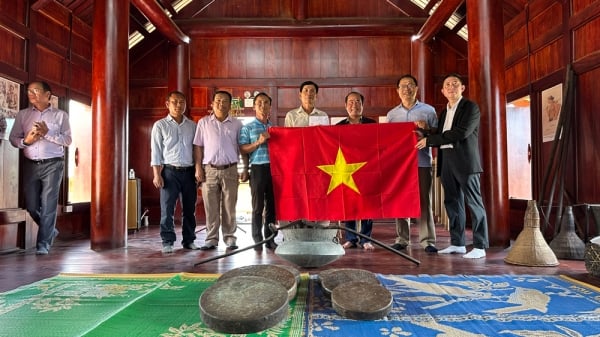


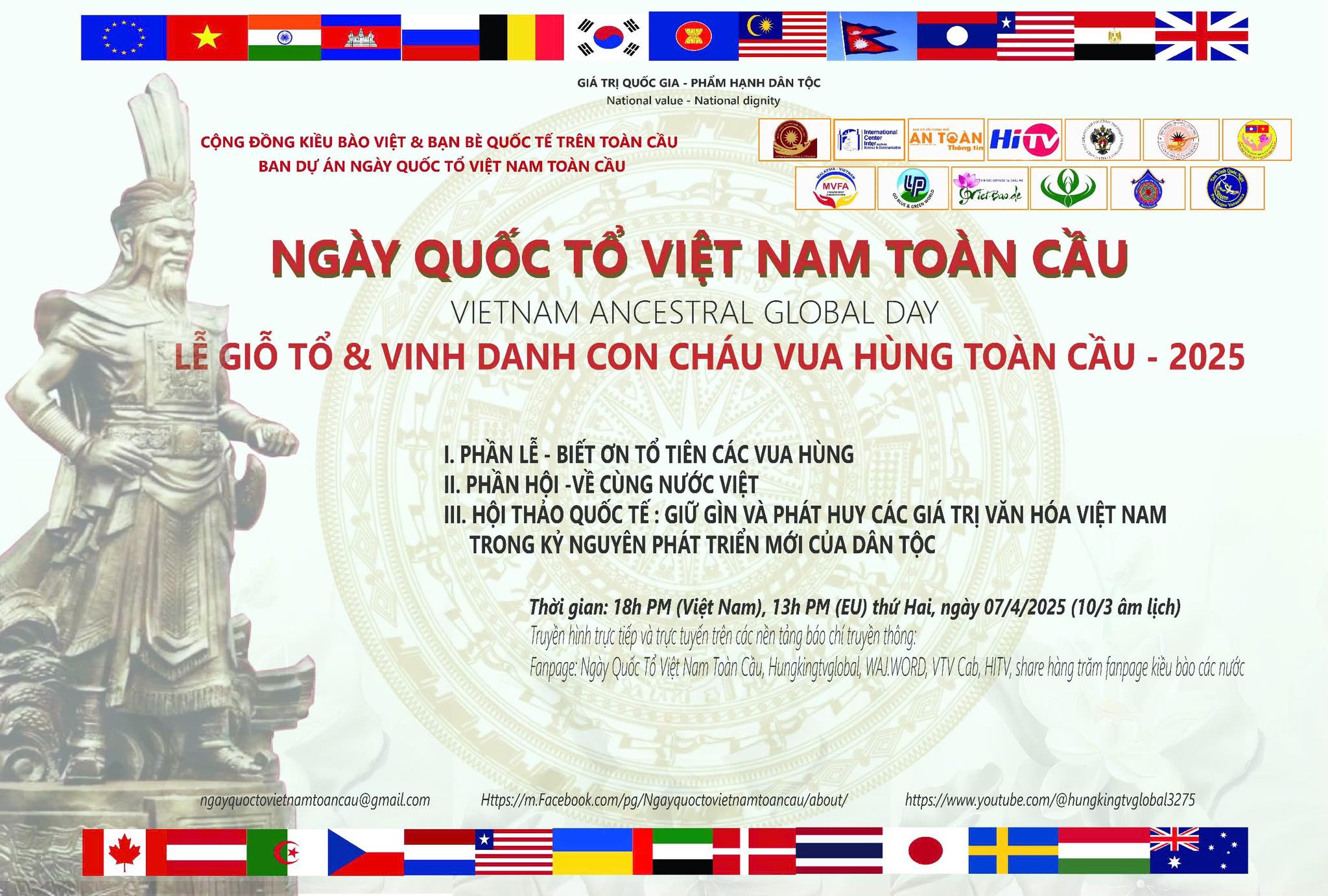















































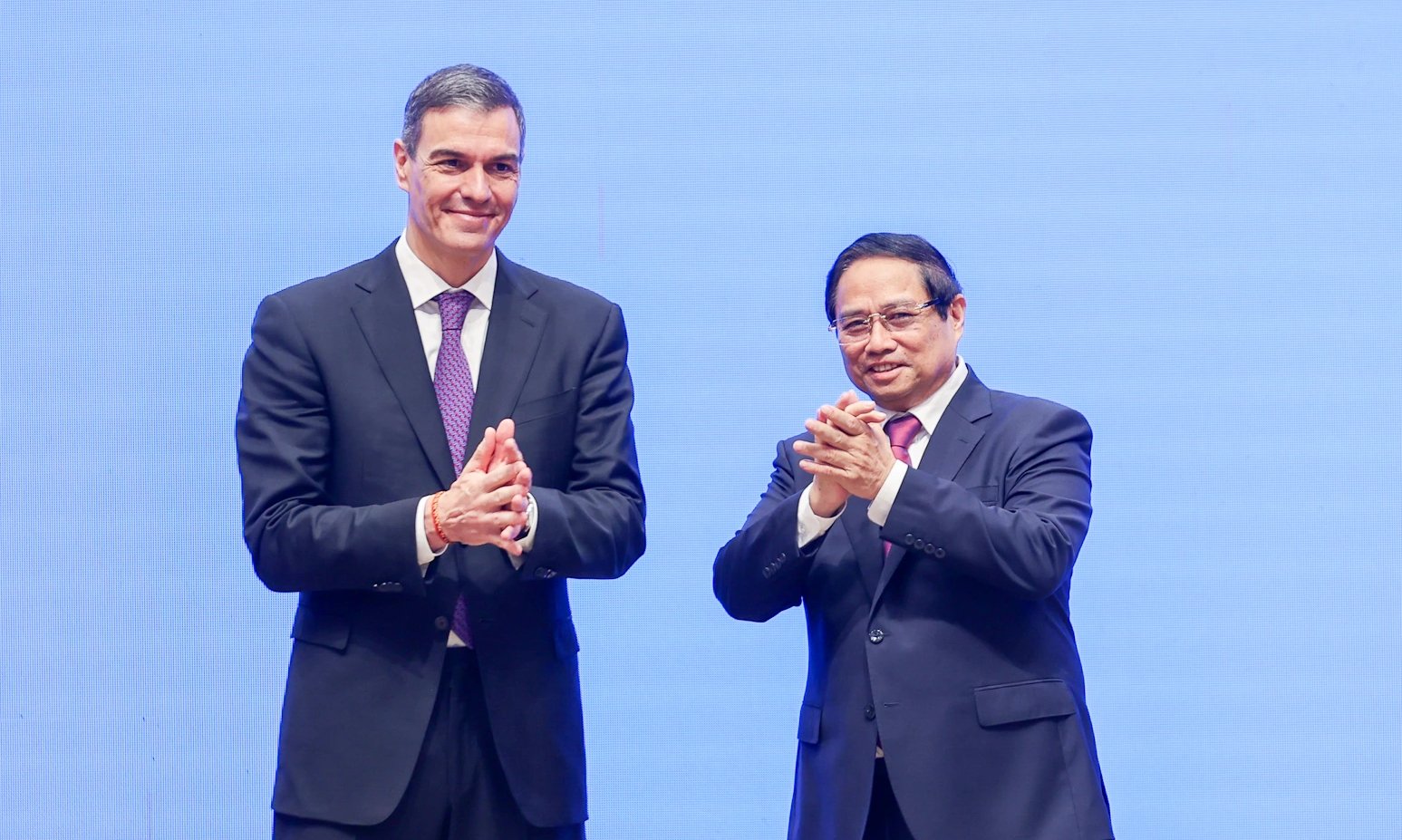



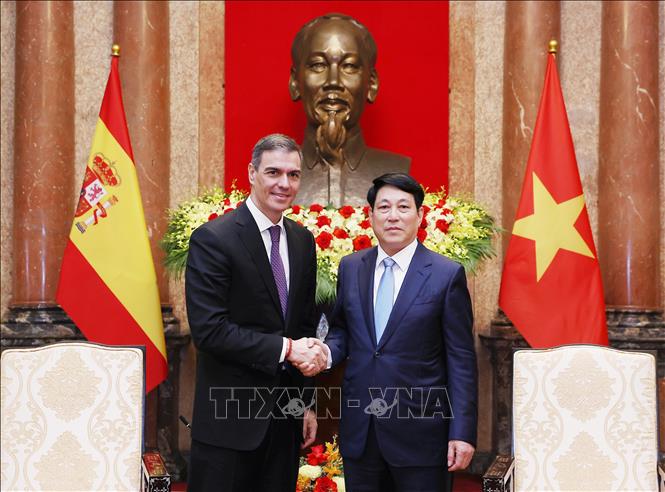









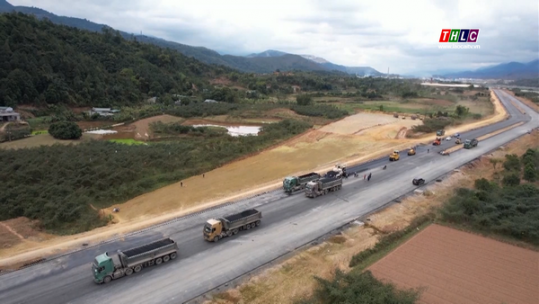

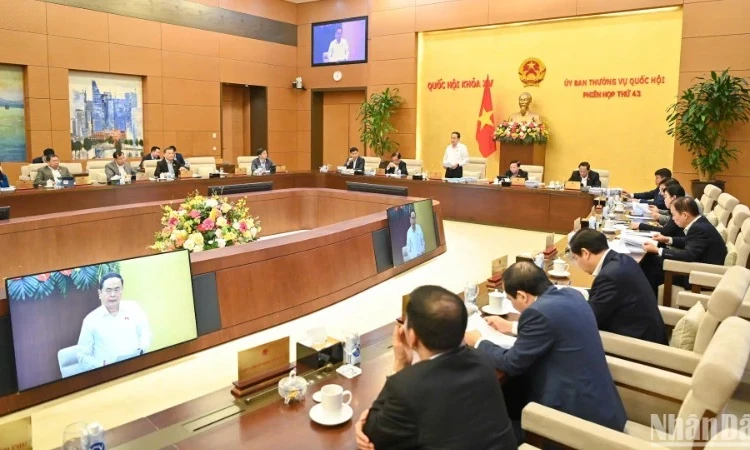










Comment (0)